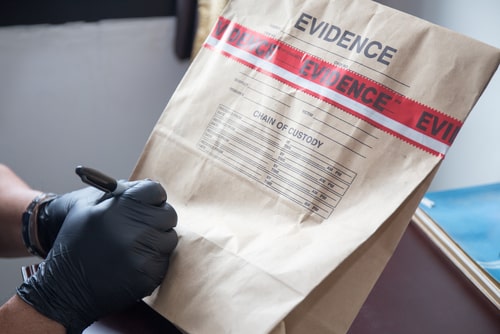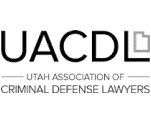Challenging Forensic Evidence in Utah Sex Crime Cases
 Forensic evidence is classified as criminal evidence that is obtained through scientific means. In sex crime cases, eyewitness testimony may not be available, causing the prosecution to rely heavily on forensic evidence. In recent years, advancements in collecting forensic evidence have allowed crime scene investigators to draw further conclusions from the data retrieved.
Forensic evidence is classified as criminal evidence that is obtained through scientific means. In sex crime cases, eyewitness testimony may not be available, causing the prosecution to rely heavily on forensic evidence. In recent years, advancements in collecting forensic evidence have allowed crime scene investigators to draw further conclusions from the data retrieved.
While forensic evidence does offer insight into the circumstances regarding a sex crime, it does come with its own challenges. If you are under investigation for a sex crime, do not hesitate to reach out to our Salt Lake City sex crimes attorneys.
Forensic Evidence Examples
Locard’s Exchange Principle states that every time someone enters a physical space, something is added, and something is taken away. We fail to realize that when we visit a place, we leave a trace of ourselves behind.
Common examples of forensic evidence include:
- Blood, semen, or saliva
- Fibers
- Fingerprints
- Hair
- Tire tracks
- Shoe prints
- Glass fragments
The Significance of Trace Evidence
When two objects touch, and evidence is transferred, this is known as trace evidence. As the name suggests, trace evidence usually involves tiny fragments or particles. A common example of trace evidence is hair. For instance, if a crime scene investigator extracts a victim's hair follicle from a suspect’s jacket, this evidence (along with other incriminating evidence) could give the police probable cause for the suspect’s arrest.
Reliability of Fingerprint Evidence
It is often said that everybody’s fingerprint is unique. This has never been proven, and a recent FBI study even suggests that one out of every 306 fingerprints are incorrectly matched. If a fingerprint has faded, the error rate increases dramatically. If your fingerprints have been identified in a sex crime investigation, you need the legal guidance that can only come from a Davis County sex crimes attorney.
Reliability of DNA Evidence
DNA, or deoxyribonucleic acid, is biological evidence that can be collected from blood, hair, skin cells, and other bodily fluids. Everybody has a different genetic code, with the only exception being identical twins.
Even with its specificity, DNA evidence does pose the following challenges:
Contamination Upon Collection
A DNA sample from a crime scene must be collected with a clean, sharp instrument. A person must use latex gloves and other protective equipment. If an item is wet, you must allow time for the item to properly dry before packaging. If any of these parameters are not followed accordingly, the sample will likely be unusable.
Preservation
Some DNA evidence does not require refrigeration, while other evidence must be refrigerated and submitted to the lab immediately. Improper preservation procedures can result in the evidence having no value to the case.
False Positives
A false positive can occur due to sample contamination, incorrect preservation techniques, or misinterpreting the findings. False positives are more likely to occur when a DNA database is used to match a DNA sample to a possible suspect.
A Salt Lake City, UT, Sex Crimes Attorney Advocating on Your Behalf
If you have been identified as a suspect in a sex crime case, there is no time to waste. Our Davis County, UT, sex crimes attorneys are here to offer you representation when you need it most. Contact Collins Rupp, P.C. online or by calling 385-777-2753 today to schedule your free consultation.

 385-777-2753
385-777-2753











